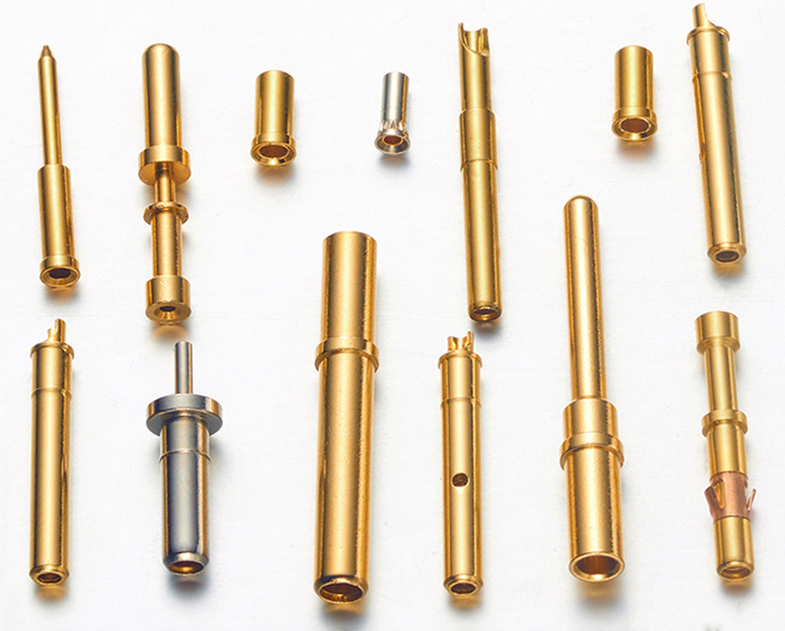Machined Pins: Precision and Reliability in Fastening Solutions
Machined pins are an essential component in various industries, providing a reliable method for joining and securing parts in mechanical assemblies. These pins are crafted through a precise machining process that ensures their accuracy, strength, and durability. They are widely used in aerospace, automotive, and industrial applications where high performance and safety are paramount.
Machined pins are cylindrical fasteners that are manufactured by turning, grinding, or milling a solid piece of metal or plastic. They are designed to fit into holes with a close tolerance, providing a secure connection between parts. The process of machining allows for the creation of pins with specific dimensions, surface finishes, and material properties tailored to the application's requirements.
Manufacturing Process
The production of machined pins involves several key steps:
Material Selection: The choice of material depends on the pin's intended use, with steel and stainless steel being common choices for their strength and resistance to corrosion.
Cutting and Shaping: Using lathes and mills, the raw material is cut and shaped into the desired pin dimensions. This process requires precise control to achieve the necessary tolerances.
Grinding and Polishing: To achieve a smooth surface and fine finish, the pins are ground and polished. This step is crucial for pins that require low friction or must operate in tight tolerances.
Heat Treatment: Many machined pins undergo heat treatment processes to enhance their mechanical properties, such as hardness and tensile strength.
Inspection and Testing: Each pin is inspected for dimensional accuracy and tested for material integrity to ensure they meet the required specifications.
Types of Machined Pins
There are several types of machined pins, each serving specific purposes:
Clevis Pins: Used for connecting links in a chain or securing a shackle, these pins have a hole through the center for a cotter or retainer pin.
Elevator Pins: Designed for use in elevator systems, these pins are precision-machined to ensure smooth operation and safety.
Aircraft Pins: These pins are used in aerospace applications and are made from high-strength materials to withstand the rigors of flight.
Locking Pins: Incorporating a locking mechanism, these pins prevent loosening under vibration.
Pilot Pins: Small pins used as a guide for drilling or reaming operations.

Machined pins Applications
Machined pins find applications in a variety of industries due to their precision and reliability:
Automotive: Used in engine assemblies, transmissions, and suspension systems.
Aerospace: Critical for securing components in aircraft engines and control systems.
Industrial Machinery: Employed in conveyor systems, robotics, and heavy machinery for secure and durable connections.
Construction: Utilized in structural assemblies and heavy equipment for stability and safety.
Advantages of Machined Pins
The advantages of using machined pins include:
Precision: Machined to tight tolerances for a perfect fit in high-precision assemblies.
Strength: Made from high-quality materials to withstand high loads and stresses.
Reliability: Consistent performance in critical applications where failure is not an option.
Customizability: Can be tailored to specific application needs in terms of material, size, and finish.
Key Words:Machined pins,copper alloy machined pin contacts,gold-plated machined pin contacts,machined Male pin,Machined pin receptacles,
